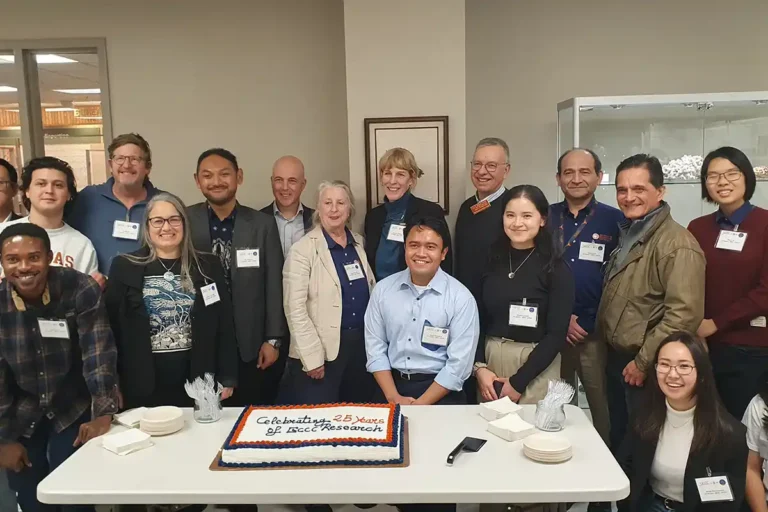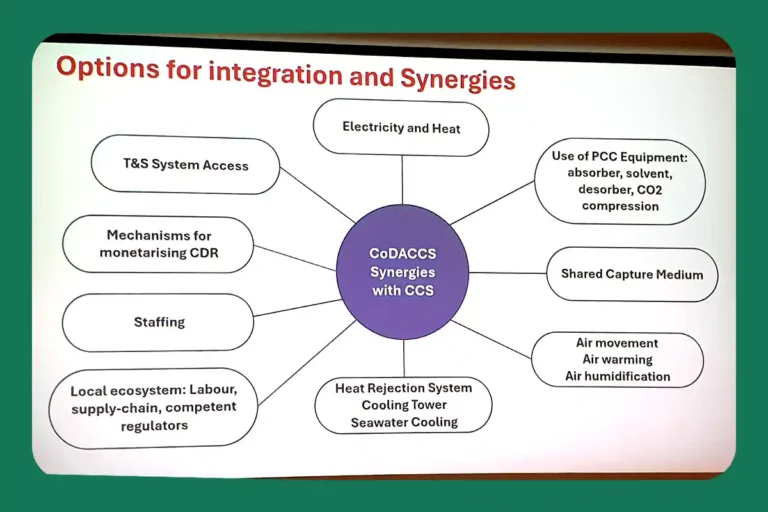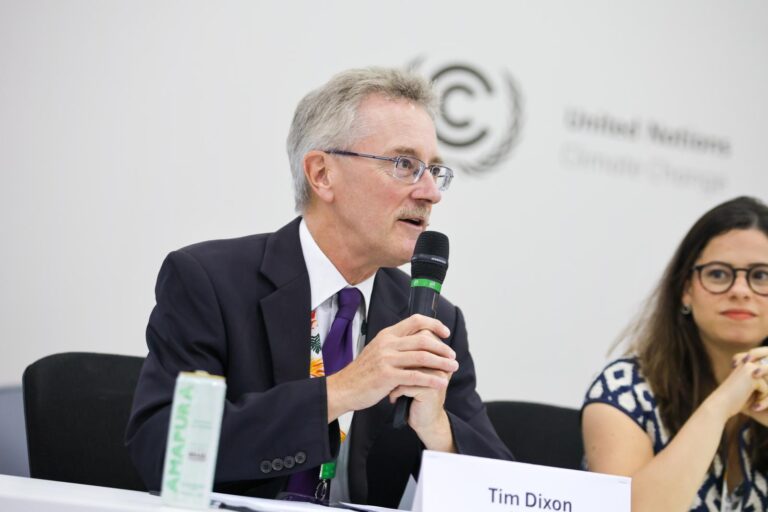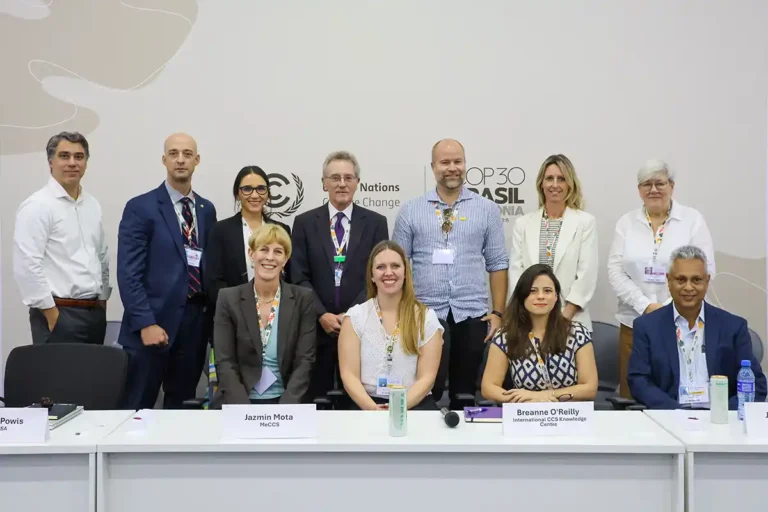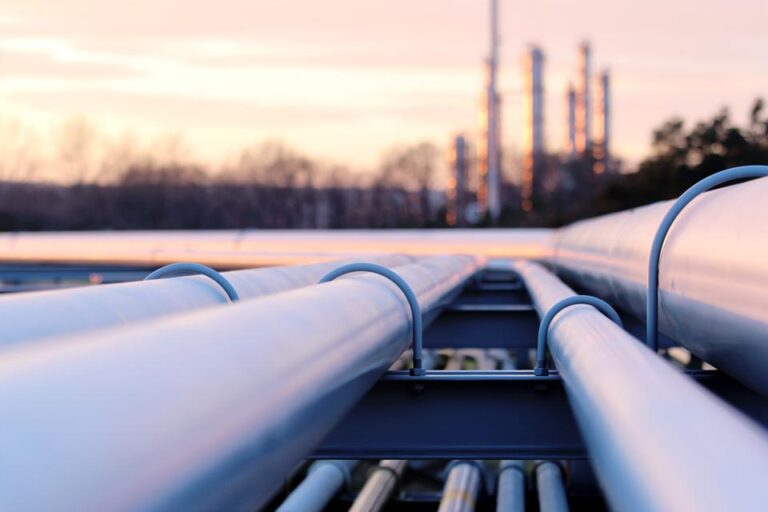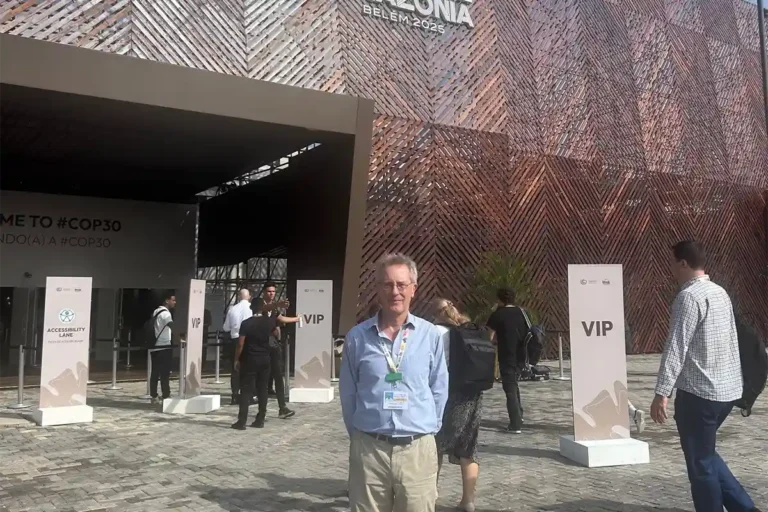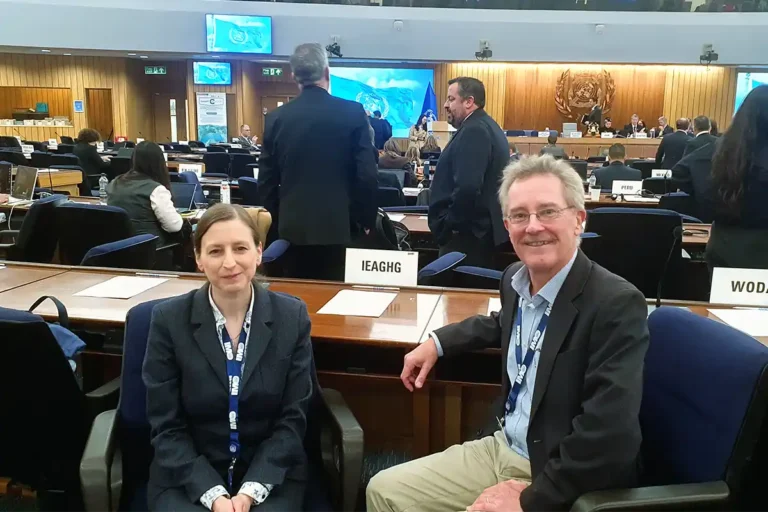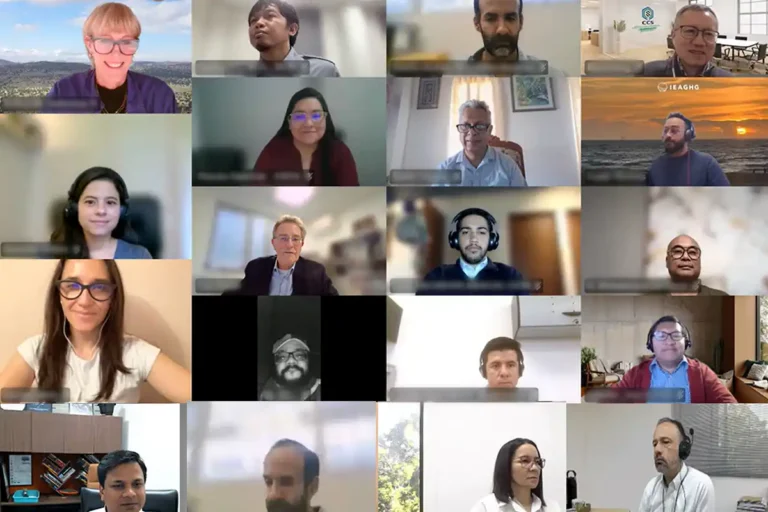
News from US DOE-NETL’s 2020 Carbon Storage Project Review Meeting (Virtual)
16 September 2020


Due to COVID-19 precautions, the US Department of Energy (DOE) National Energy Technology Laboratory (NETL) Carbon Storage Project Review Meeting was held as a virtual event over 8-11 September, instead of at its usual location in Pittsburgh. These events provided very informative updates on the DOE NETL funded CO2 storage R,D&D projects.
Regional Initiatives
To accelerate the deployment of CCUS, the US DOE has recently created a network of Regional Initiatives to identify and address regional storage and infrastructure challenges currently facing the development of CCUS in the US and to advise / assist on the geologic carbon storage projects being done by others. On Tuesday 8th, representatives involved in the four Regional Initiatives gave updates on their progress.
The SECARB-USA (Southeast Regional Carbon Utilization and Storage Partnership) is a 5 year project, with two phases starting in 2019. Ongoing work includes updating and continuing work on an initial inventory of non-technical challenges to CCUS deployment and a preliminary assessment of storage potential in the region. This assessment will look in detail at the storage opportunities as well as identifying the costs throughout the region, with a large area already having been mapped and information to be added to the recently published SCO2T tool.The SAS VIYA Decision Support System is developing decision making systems, looking at data mining, advanced analytics and machine learning for decision support, with work ongoing to input the data and to further build out the program. In terms of the storage complex, the programme is looking at the cost of characterisation and using individual state geological survey work to bring together regional characterisation. Commercial interest in CCS is expanding rapidly in the SECARB region, which is diverse in terms of its sources and sinks, and the success of this programme will increase the number of projects in the region following support from and education provided by the partnership.
The Midwest Regional Carbon Initiative (MRCI) covers 20 states in the Midwest and Northeast of the United States.Its aim is to accelerate CCUS deployment with collaboration between researchers, industry, government and non-governmental organisations. This initiative leverages extensive past experience with multiple pilot and full scale projects to create a solid foundation to move forward. There are multiple CO2 storage provinces in the region within multiple basins, with some similarities throughout but key differences across the provinces and so storage solutions need to be investigated further. To address the key technical challenges there are three ongoing tasks.These activities are investigating stacked storage solutions, structural complexity, facilitating data collection, sharing and analysis, evaluating regional infrastructure and the promotion of regional technology transfer. The expected outcomes of this work includes the improvement of geologic characterisation, identification of storage reserves, outline of source-sink scenarios and pipeline routes.The application of a risk-based probabilistic model to value potential CCS risks, and the further assessment of policy, economic and social issues, are also covered.
The PCOR (Plains CO2 Reduction Partnership) programme aims to address regional capture, transport, use and storage challenges to help drive the commercial deployment of CCUS, within the PCOR region. The expansion of this new phase (2019-2024) builds on 17 years of applied research in this active region. Technical challenges being addressed include geological characterisation, storage performance / optimisation, MVA strategies and risk management, through data collection, sharing and analysis. Regional infrastructure is being assessed and analysed as well as non-technical challenges.Active engagement with regulators, and the construction of business models, will help identify clear pathways to commercial deployment. There are positive opportunities for synergy in the region, with PCOR acting as a catalyst for CCUS development.Results can then be duplicated to support the DOE program goals.
The Carbon Utilization and Storage Partnership of the Western United States (CUSP) has been set up by taking parts of three original RCSPs (SWP, WESTCARB and Big Sky).The current programme runs from November 2019 to October 2024. The original scope was a 3 year project to collect, synthesise and use the existing data set to analyse and incorporate into analytical and optimisation models to evaluate CCUS readiness and its potential in the region.There is a strong emphasis on technology transfer. With an additional allocation of DOE funds, the new extended scope will also cover education, support for the NETL’s SMART Initiative, and a boost to jumpstart 45Q ready projects in the western US. This partnership has carried out initial surveys of the region for CCUS opportunities and related issues, and is now looking at sources, sinks and potential as well as existing transportation pathways with the aim of developing regional hubs. The partnership is now working towards the integration of machine learning tools to help analyse the results. A key notable component of this program is public outreach, with emphasis on the communication and education of the general public as well as specific stakeholders.
Regional Carbon Sequestration Partnership (RCSP) projects
The Phase II and III of these projects are now coming to an end after some 17 years duration. In that time much has been gained from these projects. They proved that large-scale injection could be achieved in a range of geological formations. They developed and tested a wide range of monitoring techniques, some of which are now being used in the full-scale integrated projects and for contemporary CCS regulations such as the California Low Carbon Fuel Standard. As Sallie Greenberg from the Illinois Sate Geological Survey put it “collectively the RCSP projects successfully proved safe and effective storage, covering the technical, legal, social and policy and regulatory aspects needed”.
Offshore projects
Two offshore partnership projects were presented. SECARB-Offshore will be looking at a range of technical and non-technical issues for the Eastern Gulf of Mexico. Of particular interest was the work underway by Aker in developing seabed systems for CO₂-EOR in the Gulf of Mexico in order to separate, compress and inject CO2 at depths deeper and warmer than those typical of the North Sea, e.g., 300m.
Recent developments by the GomCARB project include looking at a new “fetch and trap” concept in formations, to avoid the formation traps which are penetrated by wells for oil and gas production. They are also looking at infrastructure for offshore, developing screening criteria for re-use of pipelines and identifying data gaps. Their work is generating much interest from potential project developers, vendors and service providers, and positive responses from regional landowners and regulators.
Both projects are successfully creating new partnerships for storing CO2 from onshore industrial sources offshore (see also IEAGHG blog from 30 March 2020).
Presentations for all will be made available on the NETL website.
Sam Neades, James Craig, Tim Dixon
Other articles you might be interested in
Get the latest CCS news and insights
Get essential news and updates from the CCS sector and the IEAGHG by email.
Can’t find what you are looking for?
Whatever you would like to know, our dedicated team of experts is here to help you. Just drop us an email and we will get back to you as soon as we can.
Contact Us NowOther articles you might be interested in
Get the latest CCS news and insights
Get essential news and updates from the CCS sector and the IEAGHG by email.
Can't find what you are looking for?
Whatever you would like to know, our dedicated team of experts is here to help you. Just drop us an email and we will get back to you as soon as we can.
Contact Us Now

